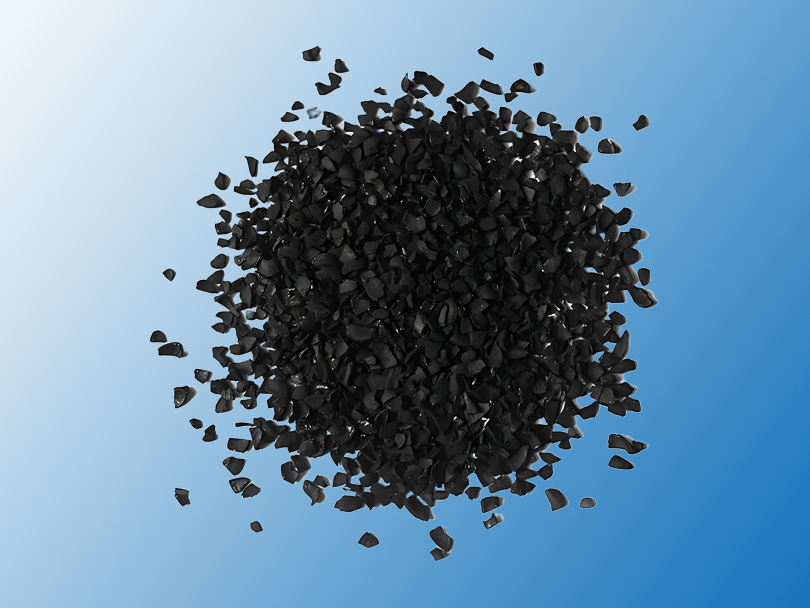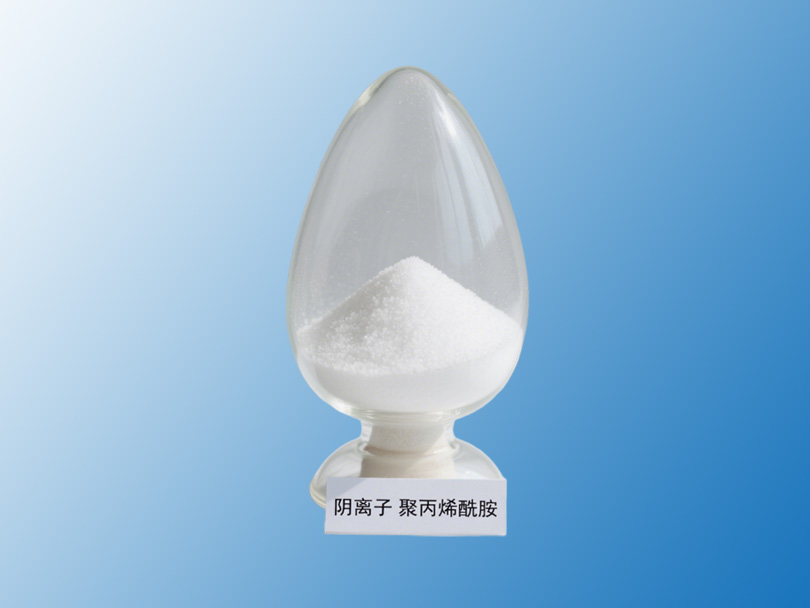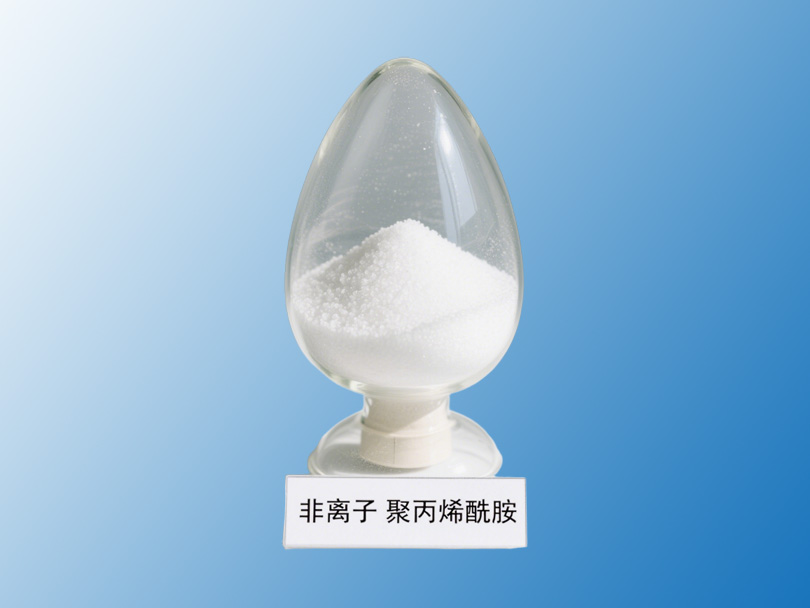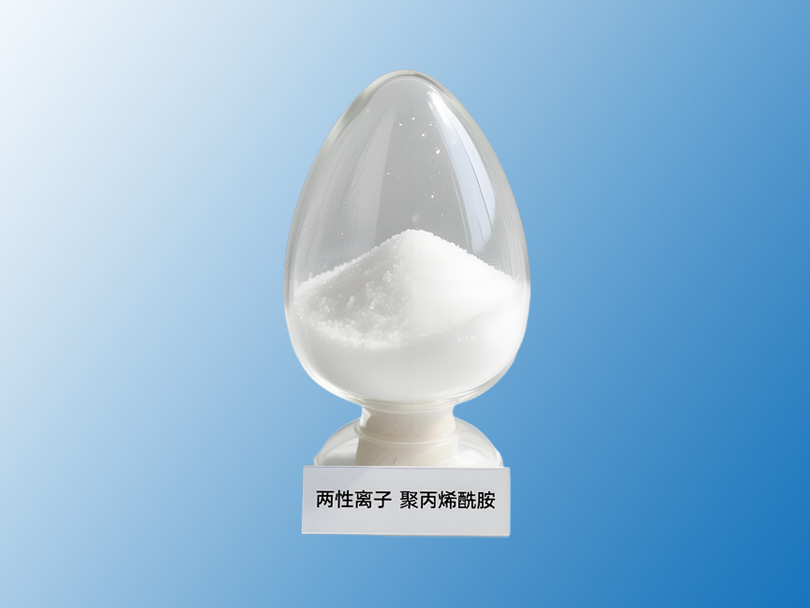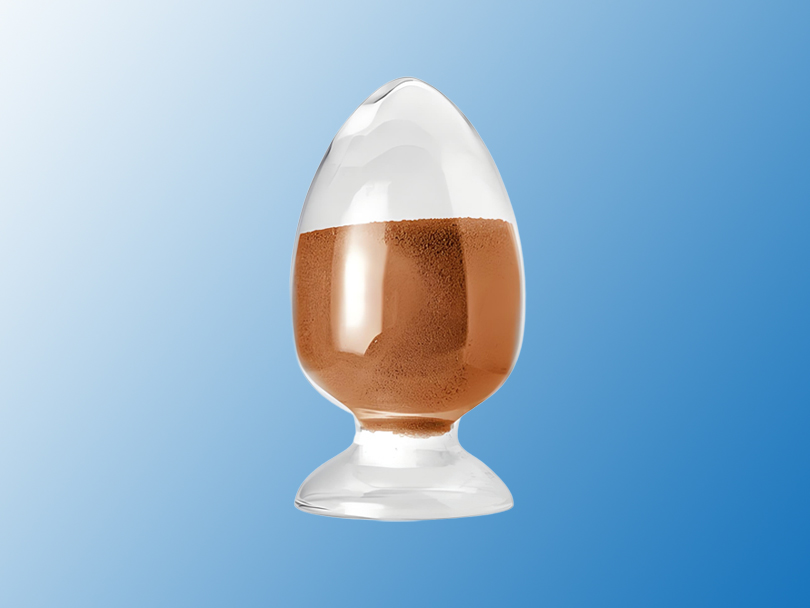1. Excellent adsorption performance: It has excellent adsorption capacity for organic matter, residual chlorine, heavy metal ions (such as lead, mercury, cadmium, etc.) in water, as well as formaldehyde, benzene, sulfur dioxide, odors, etc. in the air, and can be widely used for water and air purification.
2. High mechanical strength: The fruit shell activated carbon particles have high hardness and are not easily broken during transportation, loading, and use, which can effectively reduce powder production, avoid equipment blockage, and extend service life. They are suitable for various dynamic adsorption and filtration scenarios.
3. Strong chemical stability: Under different pH, temperature, and pressure environments, fruit shell activated carbon has stable chemical properties and is not easily reacted with other substances. It can maintain stable adsorption performance for a long time and adapt to various complex working conditions.
4. Renewable recycling: When the activated carbon in fruit shells is saturated with adsorption, its adsorption performance can be restored through methods such as thermal regeneration and chemical regeneration, enabling multiple reuse and reducing the cost of use while minimizing the generation of solid waste.
5. Widely applicable: With its excellent adsorption characteristics and stability, fruit shell activated carbon has important applications in many fields such as drinking water purification, industrial wastewater treatment, air purification, food and beverage decolorization and refining, chemical catalyst carriers, solvent recovery, etc.
